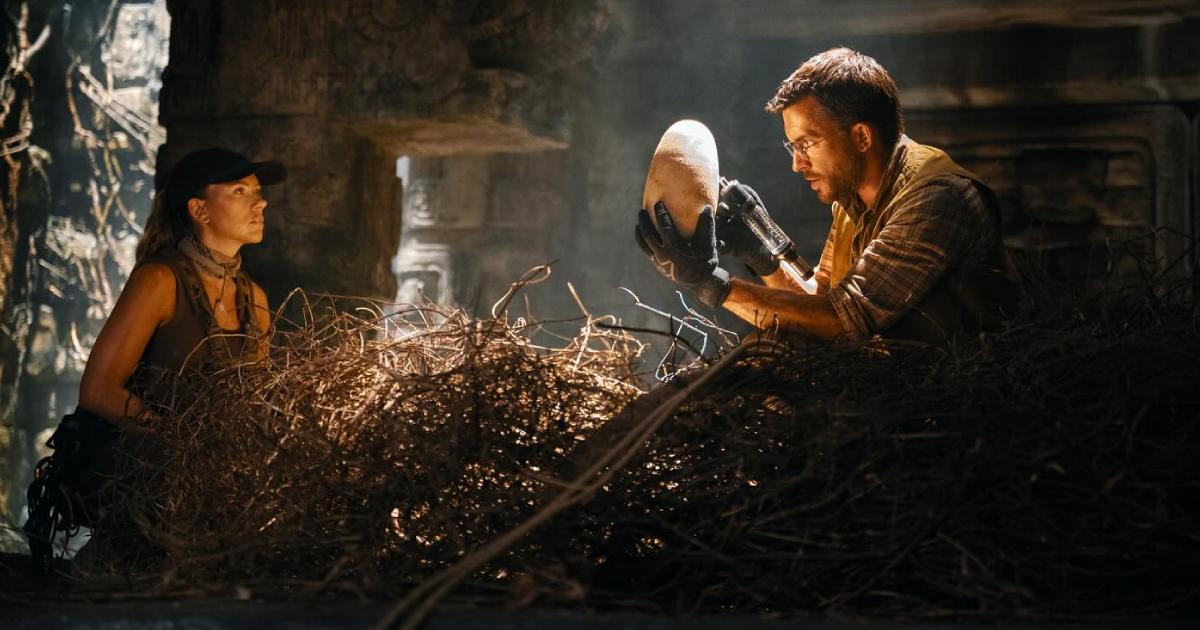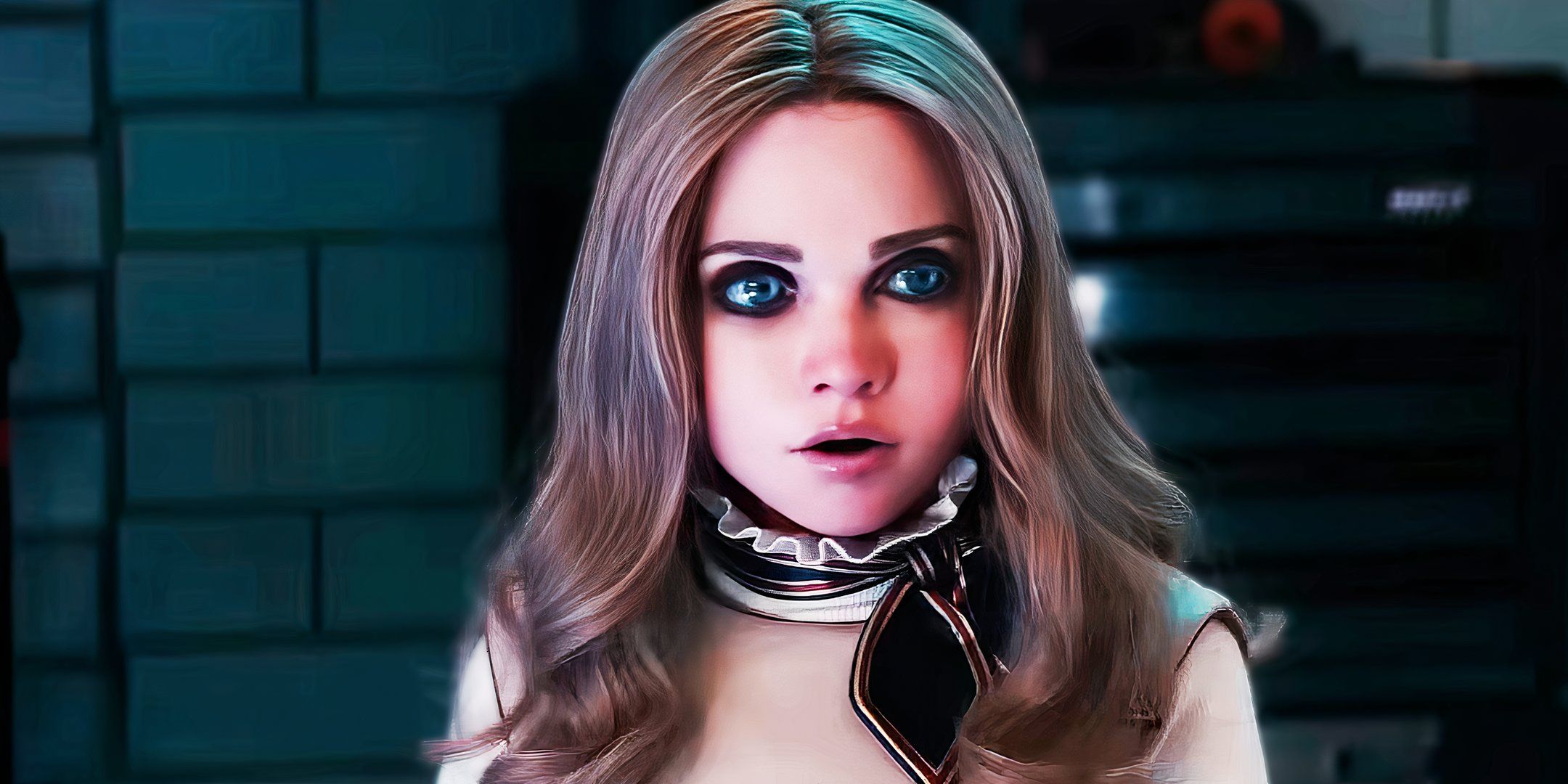AI revolution: How artificial intelligence is reshaping education and jobs in America | The College Fix
Pavlin told The Fix he is more concerned about less obvious errors that require a greater level of expertise to detect. For example, when querying AI about esoteric subjects related to his research, he tends to find deeper ways in which AI makes mistakes than he would if he similarly asked AI a question about general relativity.
In that sense, AI is not bulletproof. Kim echoed similar sentiments: “When big important decisions must be made where it’s either life-or-death or costing millions and millions of dollars, you’re going to need something more than ChatGPT.”
Yet, as some of the scholars interviewed by The Fix noted, the increasing overuse of AI by students may lead to the attrition of capacities beyond their proficiency at using ChatGPT.
“I think it’s impacting their learning,” Pavlin said. “Not all students, but [there is] definitely a subset of students where I’m concerned about their critical thinking skills.”
When asked how students could best prepare for the careers that await them in an AI-altered job market, most of the scholars interviewed recommended they develop their more uniquely human attributes.
“The machines are already smarter than the human brain in many instances,” Myers told The Fix. “[They have] been for a while and that’s just going to continue to become increasingly the norm.”
“So where does the human come in?” Myers asked rhetorically, answering that humans enter through the “collaborative process” and “the unique human qualities of the human brain.” These he said are developed in the social sciences and humanistic majors.
Clemenceau said students must develop their human qualities.
“Students need to put down their phones and THINK,” Clemenceau wrote in an email to The College Fix. “AI is not very good at being creative.”
Whether majoring in computer science and learning to code is still a wise choice was a point of some disagreement.
“Coding will be irrelevant as a tool or resource to bring to the table,” Myers said. “The AI is doing its own coding going forward. It doesn’t need the human coders anymore.”
In contrast, Freedman noted that people “have been saying ever since I was a beginning programmer (in the 70’s) that programs that can write programs were coming.”
“Is it more true now? Probably. Does that mean the [number] of programmers needed will go down? T[h]at’s a much harder question to answer.”
“I think there will always be room for people who care about the quality of their work, understand the business needs, and can communicate with non-programmers,” she said.
As for choosing a major, though, she added: “I don’t think students’ majors have a lot to do with their success in the work world; their personal qualities are a lot more important. So I don’t think we can tell students what majors will be more useful.”
Kim expressed similar sentiments, saying “I personally believe that with any major, if you’re going to be using your tools to your advantage, and if you’re really going to be motivated enough to not just follow the crowd, you will have a job.”
Clemenceau said the future may be bleaker than his optimistic peers.
“I see two roads,” he said via email. “A small percentage of people will reject AI as inhuman and soulless and empty, and take the ‘human road’ as much as possible, living more spiritual lives.”
However, he added, a “larger percentage of people will fully embrace AI and (sadly) sacrifice part of their humanity, becoming less creative, less able to think critically – and more easily manipulated.”
IMAGE CAPTION AND CREDIT: A graphic showing a laptop user employing AI / Supatman, CanvaPro
Like The College Fix on Facebook / Follow us on Twitter











